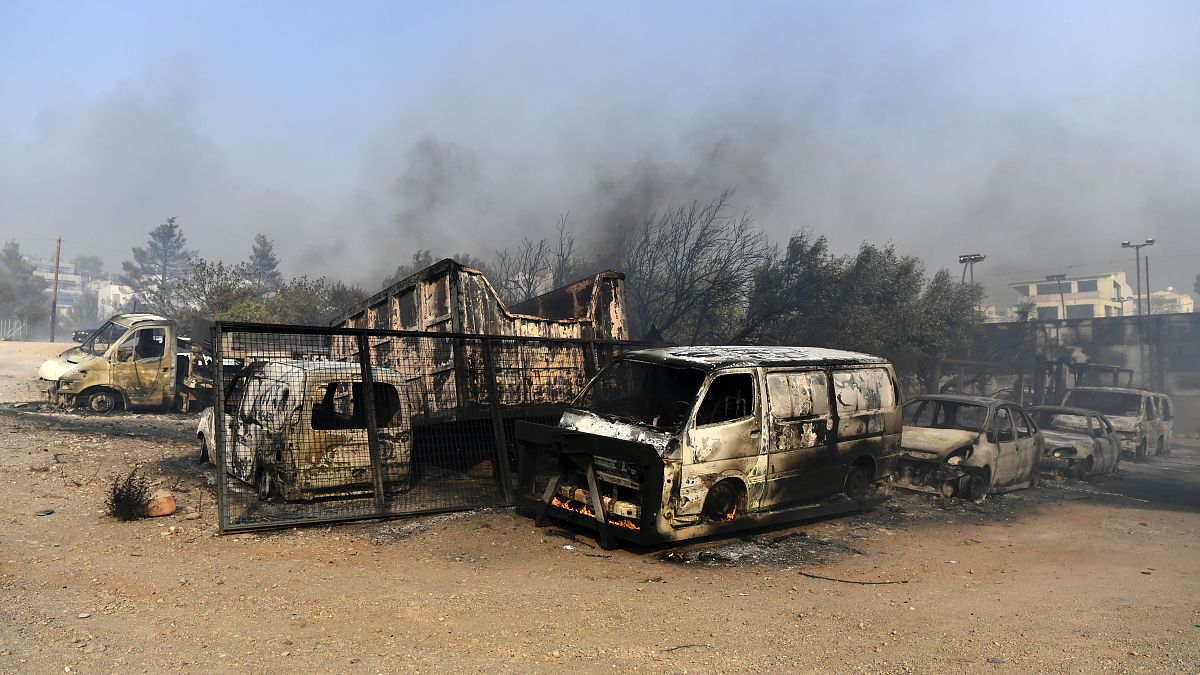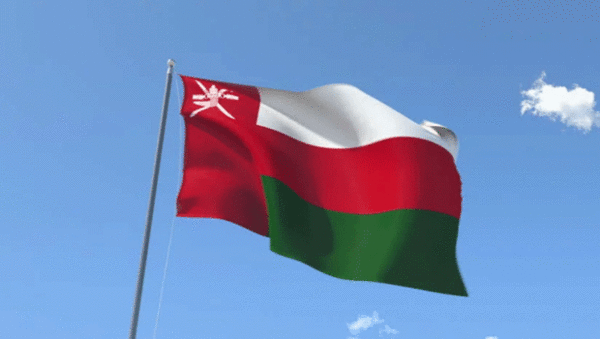Experts are raising alarm about the desertification of Attica, Greece, as nearly half of the surrounding forest has been lost in recent years due to wildfires. The recent fires in Northeast Attica have ravaged the area, with firefighters battling flare-ups in multiple locations for days on end. Some areas are left without water and electricity due to extensive damage to infrastructure, such as in Varnavas where the fires originally started. The situation is dire for residents, with one local expressing concern over the uncertainty of when basic utilities will be restored.
The devastating impact of the wildfires is evident as the damage tally begins, and fears of desertification loom as temperatures remain high. The fires have scorched a vast forest area of approximately 20 kilometers, threatening urban areas such as Vrillisia from multiple fronts. Thankfully, preventative measures such as clearing low vegetation and tree pruning helped contain the spread of the fires to some extent. However, the flames still managed to destroy numerous homes and buildings in areas like Nea Penteli, leaving a trail of destruction in their wake.
The fires in Attica have triggered multiple evacuations, claimed at least one life, and caused widespread devastation. With strong winds fueling the flames, firefighters faced challenges in containing the inferno, which eventually spread to the northern suburbs of Athens. Efforts to extinguish the slow-burning areas continue, with reinforcements and assistance from other European countries being mobilized to aid in the firefighting operations. Despite the heroic efforts of firefighting teams, the extent of the destruction caused by the wildfires is still being assessed, with reports of numerous homes and businesses being consumed by the flames.
The European Union’s Copernicus Emergency Management Service has been monitoring the wildfires using satellite images, revealing that the blaze has consumed a significant 8,500 hectares of land by Monday. The ongoing crisis serves as a stark reminder of the urgent need for better forest management practices and disaster preparedness measures to mitigate the impact of wildfires in the region. With climate change exacerbating the risk of more frequent and intense fires, authorities must prioritize forest protection and community safety to prevent further ecological and human losses in Attica.
The traumatizing experience of witnessing one’s neighborhood engulfed in flames and losing precious property highlights the human toll of the wildfires in Attica. The emotional distress and physical damage caused by the fires underscore the urgent need for coordinated efforts to address the root causes of these disasters. As communities come together to rebuild and recover from the devastation, the resilience and solidarity shown in times of crisis serve as a beacon of hope for a brighter future for the affected regions. By learning from past experiences and implementing sustainable solutions, Attica can better withstand the challenges posed by extreme weather events and protect its natural landscapes for future generations to cherish.










